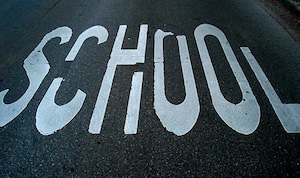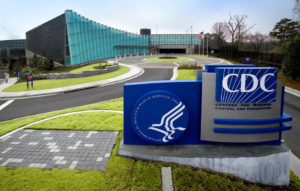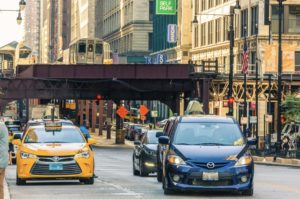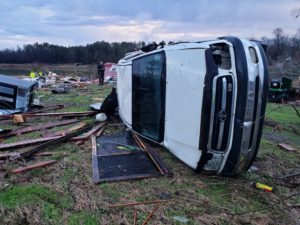Facing the Beast: What Broke American Education?
Two new books about the woes of public education stake out opposing views of the problems, and the solutions, all wrapped up for you in this New York Review of Books essay review.
Beyond problems with funding, which we pointed out earlier Friday, public schools also are being pulled in opposite directions by those who believe in community-focused ways of improving the education system, and those who think it ought to be done by test score-driven reforms. At the New York Review of Books, Columbia University professor and author Andrew Delbanco offers an essay review of two recent books that lay bare the conflict.
One of the books, “Radical: Fighting to Put Students First,” is by Michelle Rhee, the darling of the reform movement, who has parlayed her mixed experience running the Washington, D.C., school system into a national platform. The other is “Reign of Error: The Hoax of the Privatization Movement and the Danger to America’s Public Schools” by Diane Ravitch, who, much like Arianna Huffington, had a mid-career turn of political views and now finds significant fault with the “No Child Left Behind” approach to education that she once espoused.
Look at Rhee and Ravitch as locked in a verbal cage fight over the future of public education — and of the root causes of its problems. As Delbanco writes:
To read Rhee and Ravitch in sequence is like hearing a too-good-to-be-true sales pitch followed by the report of an auditor who discloses mistakes and outright falsehoods in the accounts of the firm that’s trying to make the sale. Both books are driven by hot indignation. Rhee is indignant at the forces that have resisted her efforts to rescue children from incompetent and indifferent teachers. She has little to say about the setting in which many teachers work—the desperate circumstances into which roughly a quarter of American children (a higher percentage in the school district she led) are born—except to say, in passing, that poverty ought not to be invoked as an excuse for poor academic performance.
Then there’s Ravitch who is “outraged by the persistence of poverty and its terrible effects: low birth weight with the associated risks of cognitive deficit, asthma, and the neurological effects of lead poisoning, among other debilitating conditions.” Delbanco notes that this fall children in Chicago’s violence-plagued south side walk to school under police protection from a raging gang war.
Of course a good school can be a haven in such a setting, and good teachers can try to show children an alternative world, but it is foolish to overestimate their power to transform the lives of frightened and, inevitably, hardened children.
Through Ravitch’s eyes we see what Rhee refuses to see: the limits of what even the most skilled teacher can do in the face of such realities. “Poverty,” she says bluntly, “is the most important factor contributing to low academic achievement.” And so “we must work both to improve schools and to reduce poverty, not to prioritize one over the other or say that schools come first, poverty later.” This is an incontestably true statement—but not the kind of call to arms that gets you on the cover of Time magazine.
If you’re scoring this fight at home, the point goes to Ravitch.
—Posted by Scott Martelle.
Your support matters…Independent journalism is under threat and overshadowed by heavily funded mainstream media.
You can help level the playing field. Become a member.
Your tax-deductible contribution keeps us digging beneath the headlines to give you thought-provoking, investigative reporting and analysis that unearths what's really happening- without compromise.
Give today to support our courageous, independent journalists.






You need to be a supporter to comment.
There are currently no responses to this article.
Be the first to respond.